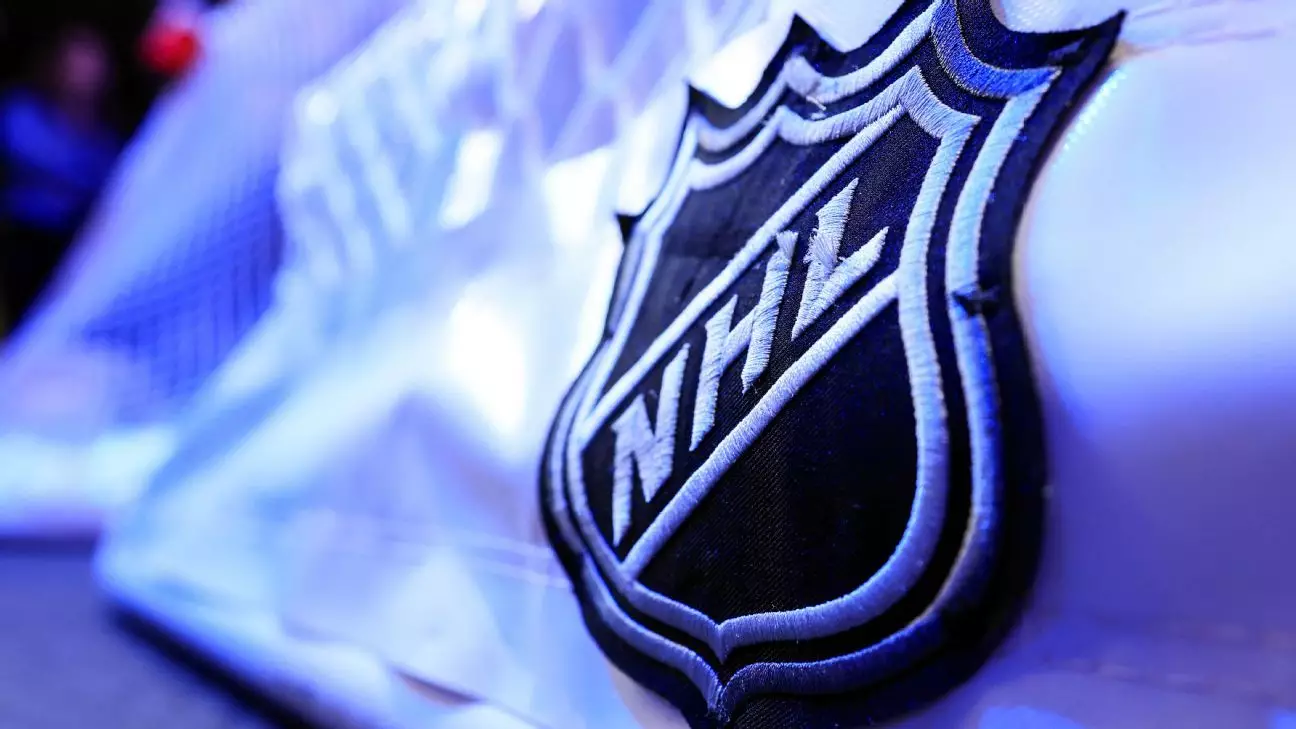In a moment that could only be described as emblematic of the complexities surrounding sports as a vehicle for diplomacy, President Donald Trump recently endorsed the idea proposed by President Vladimir Putin to organize hockey games between American and Russian players. This exchange, highlighted in a Kremlin summary, underscores the tenuous balance between sportsmanship and international relations, particularly at a time when political tensions are palpable. It raises the question: can hockey serve as a bridge across the chasm created by geopolitical discord?
This unexpected development reflects not just a casual conversation between two leaders but also a deeper yearning for connection through a beloved sport. The idea of holding hockey matches featuring the National Hockey League (NHL) and the Kontinental Hockey League (KHL) players has historical roots, recalling moments where competitive spirit overshadowed political estrangements. Yet, amidst the allure of this proposal lies a stark reality: can such engagements ever truly be non-political?
The NHL’s Dilemma: A Complicated Relationship with Russia
Since Russia’s invasion of Ukraine in February 2022, the NHL has found itself reassessing its relationships and policies significantly. The league terminated its existing contracts with Russian broadcasters and cautioned its franchises against engaging with KHL entities altogether. While the idea of friendlies between Russian and American players sounds appealing on the surface, it raises pressing concerns about moral and ethical commitments.
The NHL softly navigates the turbulent waters of political ideology and professional sports. The league’s decision to suspend dealings with Russian teams is indicative of a broader unwillingness to lend legitimacy to regimes perceived as aggressors. The trajectory of international hockey has shifted dramatically, with Russia becoming increasingly isolated from global tournaments. The International Ice Hockey Federation’s (IIHF) decision to extend Russia and Belarus’ ban from various competitions until 2026 exemplifies how sports governance can mirror geopolitical realities.
The Chilling Impact of Politics on Sports
The discussion surrounding Russian entry into international tournaments, including the upcoming Winter Olympics, speaks volumes about the intersection of sports and international politics. While countries may compete on ice, the overarching specter of political ramifications can’t be ignored. The IIHF’s extension of its ban stems from genuine security concerns, as articulated in their recent statements. This circumstance lays bare the challenge of constructing a safe environment for competitions in politically fraught climates.
Moreover, the climate and passion surrounding these games may impact player perceptions and public support. A scrimmage between national teams may inadvertently become a showcase for dissent or unresolved grievances. Players become symbols of their nation’s identities; any loss could resonate beyond the rink, extending into the larger context of national pride or animosity.
The Complexities of National Identity and Competition
Indeed, hockey is more than just a game; for many, it represents a sense of national identity. The U.S. vs. Canada rivalry in hockey escalated during the recent NHL 4 Nations Face-Off championship, where political rhetoric intertwined with athletic competition. Trump’s quirky call to Team USA right before their match with Canada added yet another layer to an already charged atmosphere. Following the game, which ended dramatically in overtime, we were reminded that victories in sports can produce significant emotional and national responses.
Yet the Canadian team coach, Jon Cooper’s remarks about the players bearing the “shoulders of 40-plus million people,” capture an important observation about the weight of international competition. Players aren’t just competing for trophies; they’re representing their nations wrestling with broader issues of identity and pride on a world stage.
As concepts of sports diplomacy continue to evolve, hockey’s role within this narrative may shift. The outcomes of proposed events like U.S.-Russia hockey matches could serve as potential icebreakers—or perhaps exacerbate tensions further. With international relations as delicate as ever, one cannot help but wonder if any cross-national games could rekindle friendships or merely highlight divisions embedded deep within geopolitical realities. The future of sports, at least at an international level, seems to hint at a more complex interplay between diplomacy and athletics, with players caught at the intersection of national pride and personal ambition.


Leave a Reply